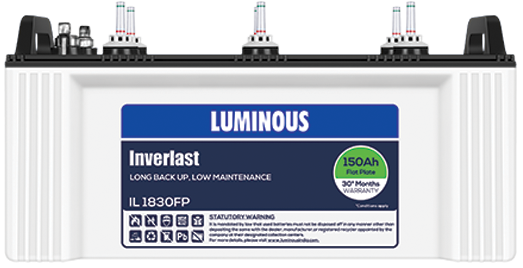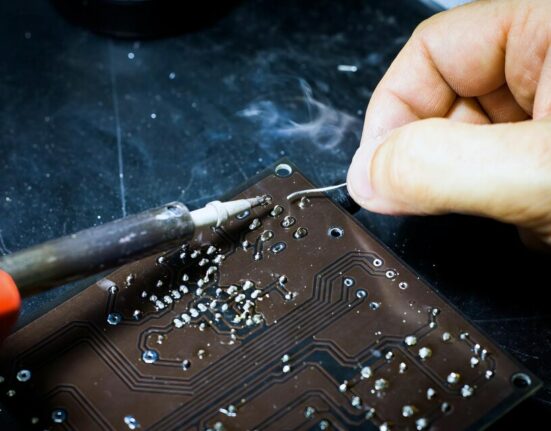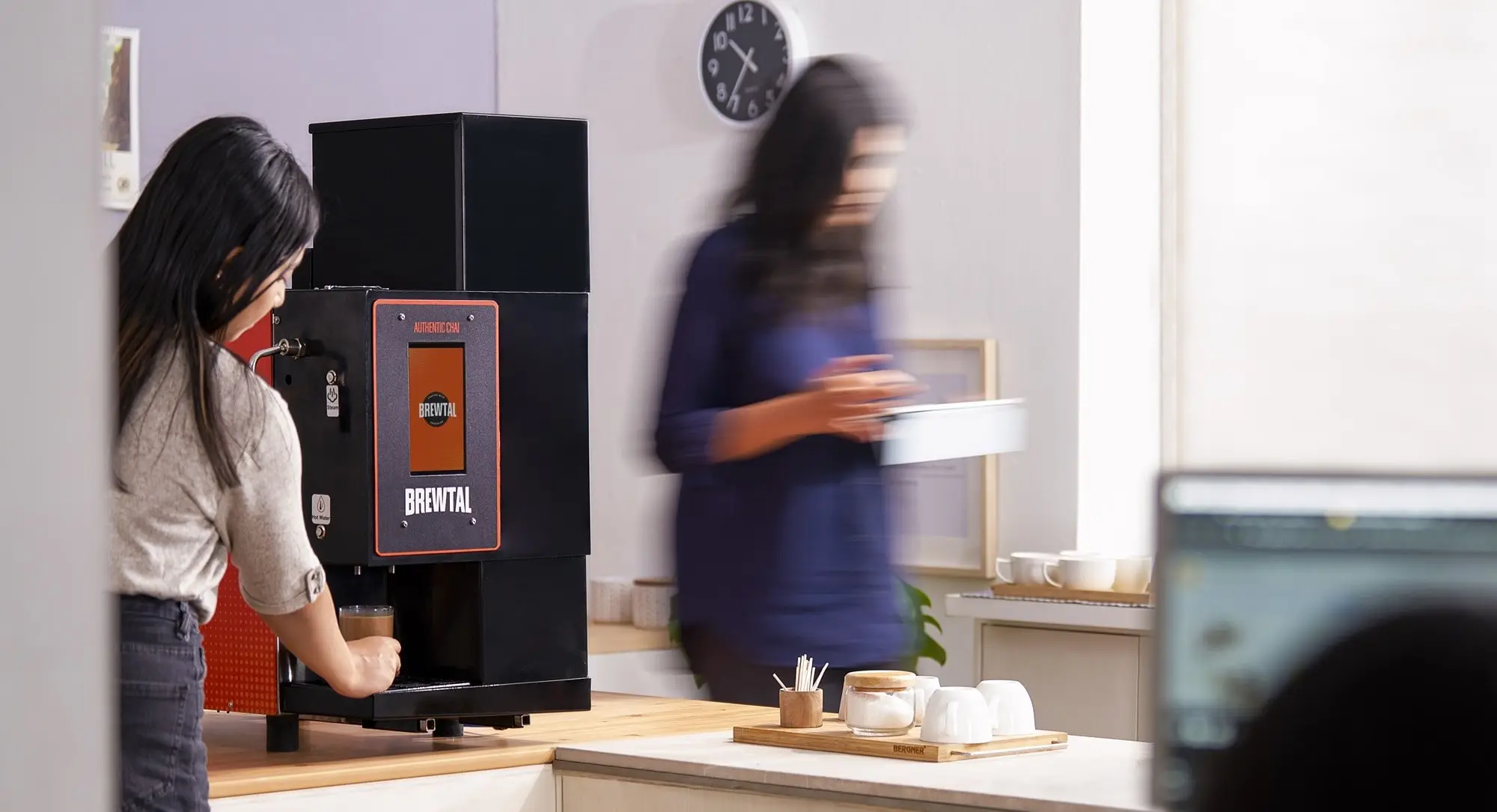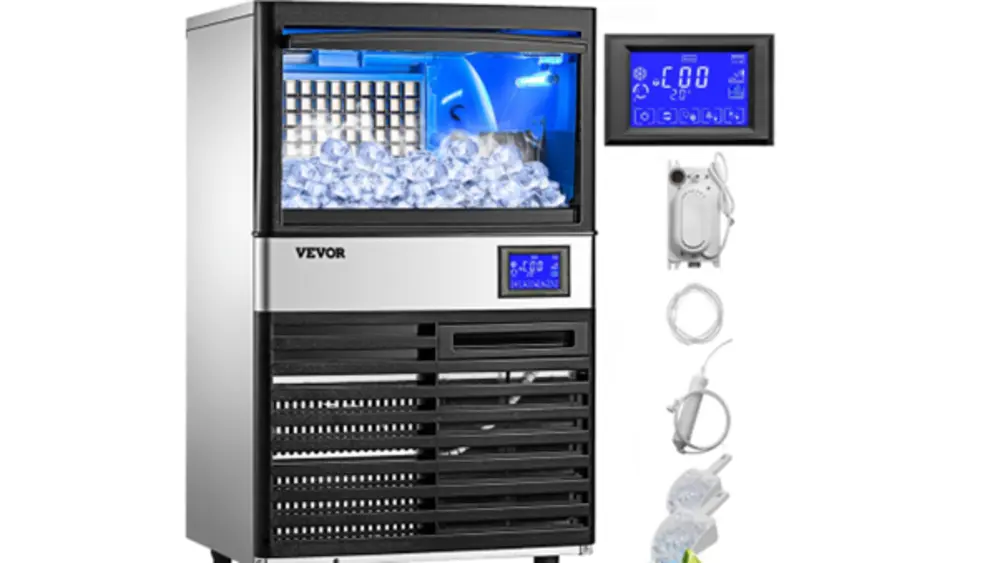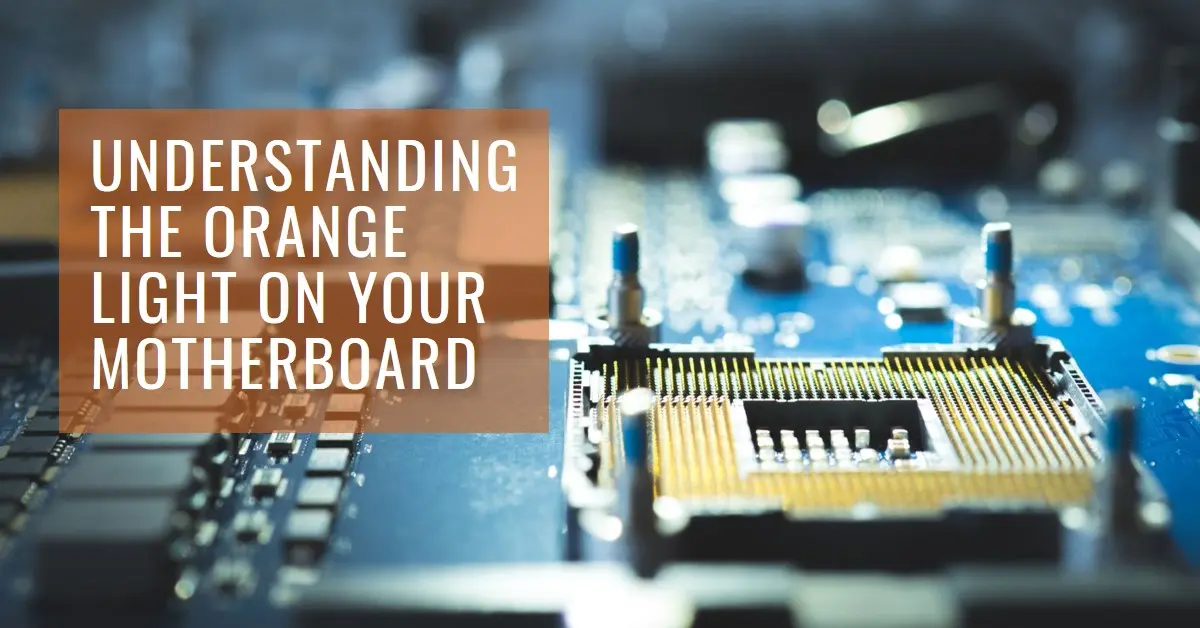When you are out in the market to buy a new inverter battery for your home, price plays a major role in your buying decision, and that’s good. But the price of the inverter battery shouldn’t be the only deciding factor, as there are various other factors that also play an equally important role. But are they worth the extra price you will be paying for that? Today, we will talk about why inverter battery price should not be the only deciding factor and also provide you with a few pro tips that will help extend the life of your new battery. Let’s begin.
Why Inverter Battery Price Shouldn’t Be Your Deciding Factor
Well, there are plenty of reasons why inverter battery price shouldn’t be your top priority. For instance, a Lead Acid battery is relatively cheaper, and hence it’s the default choice for many. But it might be the wrong choice if you are buying one for your home. A lead Acid battery produces toxic fumes while recharging or discharging, which will be bad for your household, especially if you have kids.
Not to mention, these batteries require way more maintenance and lose the possibility of holding electrical charges after about 3 – 5 years. But, for a bit more money, you can get a Tubular battery, which has the benefits of an ordinary Lead Acid battery.
So, factors such as battery efficiency, battery maintenance, and battery performance, among other things, play an equally important role.
Here are the 5 things that you should think about before buying a new inverter battery.
4 Things to Consider Before Buying an Inverter Battery
Here are the 4 reasons why you should buy an inverter with a battery.
- Battery Density
The higher the density, the more capacity of electrical charge it can hold. The size of different batteries could be the same, and yet the battery capacity can be completely different. What capacity of the battery you should buy will depend directly on your home’s power consumption.
- Longevity
A battery with a smaller lifespan would not be ideal for a home. Sometimes, the life span you can get from one battery could be more than that of two batteries, and you will be paying more for two batteries. If a single battery can last more than 8 to 10 years, then that seems to be the pro-choice for a household.
- Safety
Safety should be your top priority. Many locally manufactured batteries could end up starting a fire or may leak hazardous acids or chemical fumes, which could be dangerous for households with kids. A well-designed battery goes through a rigorous testing methodology to verify the battery’s safety. Check for the battery’s safety precautions.
- Reliability
Some batteries tend to die right after they expire the warranty period, which creates a potential problem. Buying batteries with higher warranty periods is the logical choice. Also, reliability depends a lot on the manufacturer of the battery. Reputed brands design batteries with quality components that last longer. Always buy batteries from reputed companies to get the best out of your new battery.
Pro Tips to Extend the Health of Inverter Batteries
Here are some pro tips that will ensure your new battery lasts longer.
- Store the new battery in a clean and dry place with ambient temperature.
- Don’t place the battery directly on the floor. The cold temperature of the floor during the winters could adversely affect the battery.
- Don’t keep any metallic objects near the battery or the inverter.
- Fill the battery with distilled water or electrolytes at regular intervals depending on the choice of your battery.
- Keeping the battery discharged for a longer period could adversely affect the battery. The battery may even refuse to charge if it was left in a discharged state for too long.

